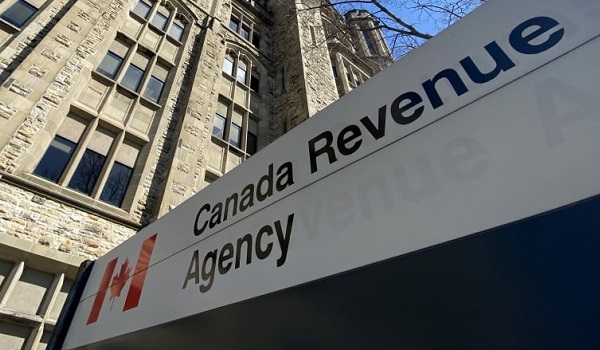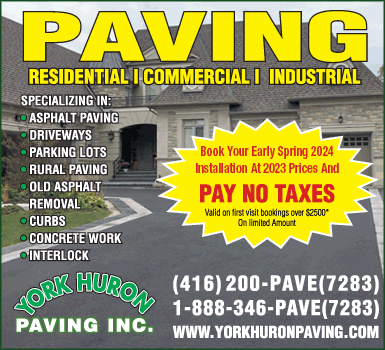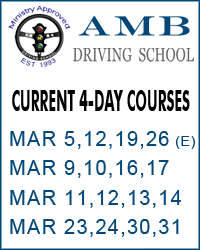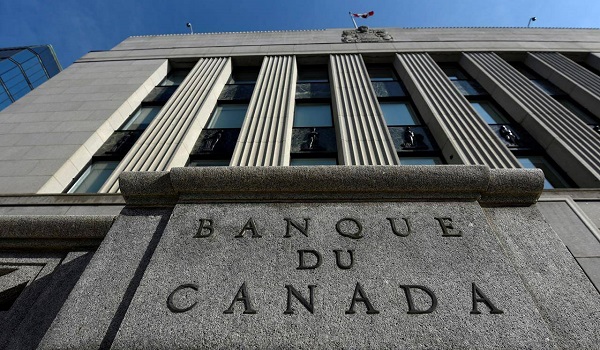Avoiding a CRA audit in 2024 as complex rules are introduced. Here’s what to do
There are two simple rules to minimize the odds of tax reviews and audits: File on time and get it right the first time.
Sending in your paperwork late means the Canada Revenue Agency will have to evaluate whether a penalty applies. That amounts to undesirable extra attention from the taxman, according to Joseph Devaney, a chartered professional accountant and director at financial education platform Video Tax News.
“Every touchpoint that CRA has with a file generates an opportunity to flag it for review,” he said.
And if the CRA catches mistakes in your return, it won’t just come asking questions about that particular file, it’s also more likely to choose your taxes for review in future years, according Mr. Devaney.
For the 2023 tax year, he sees new rules for claiming employee expenses and novel reporting requirements on underused housing and trusts as areas that might trip up taxpayers and attract unwanted scrutiny from the CRA.
When it comes to work-from-home expenses, the CRA has nixed the simplified, pandemic-era method for calculating the home-office deduction. The new process involves obtaining a signed T2200 slip from your employer certifying that you’ve been working remotely the majority of the time and adding up costs such as utilities, rent and internet bills.
Something that worries Mr. Devaney is that Canadians will also need to indicate how big their home office is compared to their house.
You can’t guesstimate that, he said. “Proportions are a big issue.”
If you’d rather not walk around your house with a measuring tape to figure out the math, you can also look at the number of rooms. For example, if your dwelling has 10 rooms, your home office counts for 10 per cent of the house, Mr. Devaney said.
If you don’t have an enclosed workspace at home, you’ll have to declare what percentage of the time you usually toil away at, say, the kitchen table.
“The CRA’s general position is any time you’re not using it for work, you’re using it for personal use,” he said.
Tax-filing obligations for the Underused Housing Tax, or UHT, and new reporting requirements for trusts pose an even higher risk for mistakes, Mr. Devaney said.
For Canadians affected by these new tax rules, he recommends turning to a CPA, and sometimes even a tax lawyer, for help.
Even tax experts are sometimes struggling to provide clear-cut advice to Canadians about whether they should file a UHT or trust return. That’s because those answers can hinge on complex interpretations of common law.
But a tax pro can help Canadians minimize inconsistencies within those returns, or between a UHT or trust filing and your regular income tax paperwork, that could attract a CRA review or audit, Mr. Devaney said.
For example, consider the case of an adult child who had their name added to the title of their elderly parents’ home. Such an informal arrangement may be deemed to be what’s known as a bare trust, which now requires filing a T3 Trust Income Tax and Information Return.
Suppose the adult child mistakenly reports that set-up as a regular trust rather than a bare trust, Mr. Devaney said. If the home is later sold, the CRA may challenge the parents’ ability to claim the full principal residence exemption.
“How we report things today could cause a big issue or trigger an audit in a future year,” Mr. Devaney said.
That risk is particularly acute for T3 returns that disclose information about families’ informal intergenerational arrangements, Mr. Devaney said. That’s because inconsistencies could result in tax headaches for both generations involved in the trust, he said.
This article was first reported by The Globe and Mail












